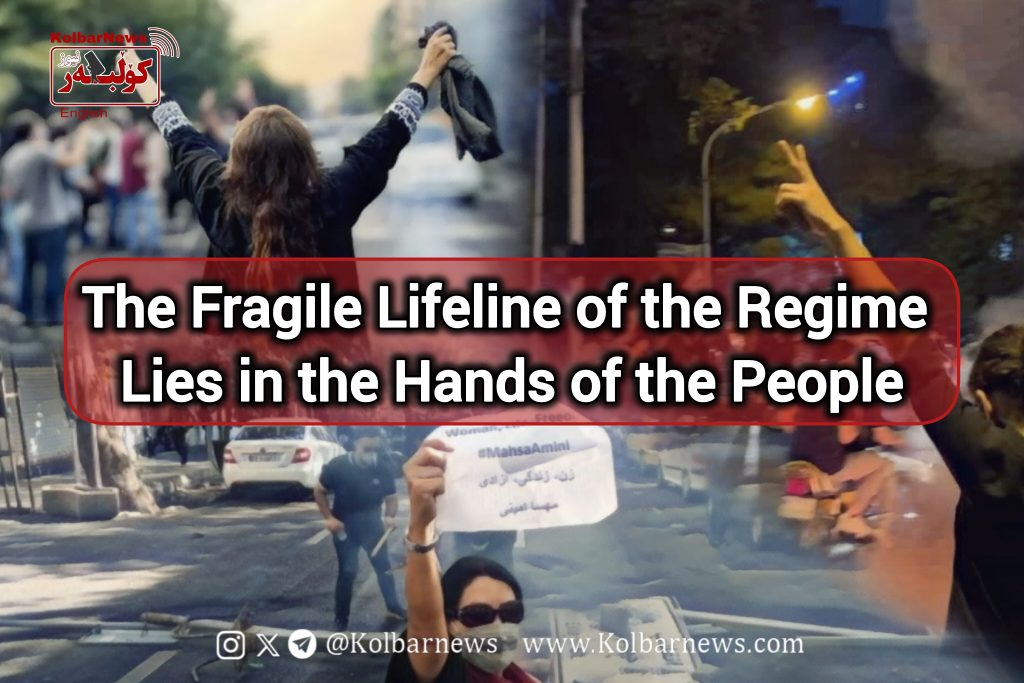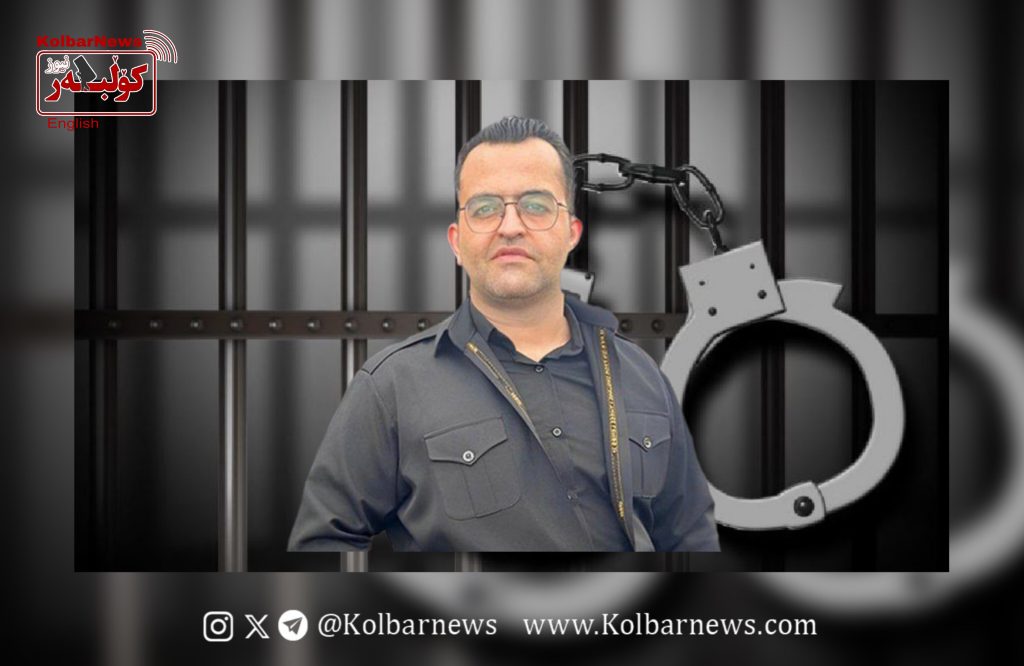
Pro-regime publications in Iran have begun justifying the downfall of the Ba’athist regime in Syria and the collapse of Bashar al-Assad by distorting evident realities to suit their narrative. They claim that Assad’s departure from Khamenei’s anti-West resistance policy and his leniency toward the West caused his fall. They link this to the moderate policies of reformists in Iran, like those of the Rouhani administration, suggesting that such approaches could also lead to disaster. In contrast, reformists blame the incompetence of Iran’s intelligence apparatus, both in the region and within Syria, for failing to understand the opposition and effectively assist the Ba’ath regime.
These distortions, however, are unlikely to guide the regime’s major policy decisions. Those in power understand the real danger confronting the Islamic Republic. Contrary to the illusions of right-wing opposition and their analyses, the regime is not primarily threatened by Western imperialists, led by the U.S. It is essential to avoid being deceived by the propaganda of the hardliners and factions within the Supreme Leader’s office and the Revolutionary Guard that exaggerate enmity with the West. A closer analysis reveals that with the fall of the Ba’ath dictatorship in Syria, the need for the brutal, organized, and merciless repression by the Islamic Republic against its dissenting population has increased.
The growing political and organized nature of workers’, women’s, anti-death penalty, retirees’, and other social movements in Iran poses a significant threat to the regime. This compels foreign powers to adopt a policy of pressure combined with appeasement, aimed at taming the regime while maintaining their support for it. Additionally, the regime’s failures have weakened its core power, prompting efforts to peacefully replace it from above, a strategy pursued both by domestic bourgeoisie reformists and Western imperialists.
The regime’s overall weakening is evident in society. This is particularly visible in the actions and resistance of unveiled women, who have shattered the policy of mandatory hijab and achieved significant victories in this area. Similarly, workers, retirees, anti-execution activists, and justice-seekers are intensifying their demands, radicalizing their positions, and expanding their actions. These developments indicate the regime’s eroding power and the bluntness of its repressive tools. The combination of internal, regional, and international pressures on the Islamic Republic, along with widespread protests and demands from the masses, has escalated the political crisis to a point where it could evolve into a revolutionary crisis. This shift is inevitable and may happen sooner or later.
In these circumstances, revolutionary forces and progressive movement leaders must urgently recognize and fulfill their responsibilities to expedite this process.
It is essential to underscore the regime’s failed regional policies, which have squandered hundreds of billions of public funds. The Islamic Republic is the main loser of developments in Syria and the broader region.
Activists should closely analyze the growing divisions within the ruling elite and their efforts to implement change from above. These internal disputes and power struggles can create opportunities for grassroots movements.
Workers, women, and other progressive social movements must be reminded of the structural crises of capitalism and the failed policies of imperialists in the region. They should not forget the disastrous interventions of U.S. imperialism in Afghanistan and Iraq, or the actions of other imperialists in Libya and elsewhere. Relying on these forces for regime change would be highly detrimental.
Activists must emphasize the people’s capacity to govern themselves through councils. Expanding grassroots movements and building public confidence in self-governance are critical steps in paving the way for collective leadership.
The ongoing efforts within grassroots movements to organize and connect practical leaders must be supported. Day-to-day struggles and challenges should not weaken these efforts; instead, they should fuel their growth.
Strengthening the socialist and leftist orientation that underpins the “Woman, Life, Freedom” movement is a vital necessity. Revolutionary socialist activists are committed, but commitment alone is insufficient. Proper organization, a thorough understanding of internal and external enemies, and sustained efforts to dismantle them are essential.
The lessons of the failed 1979 revolution must not be forgotten. Misplaced trust in Islamists and their deceitful leaders played a significant role in that defeat, undermining workers’, women’s, and other social movements. While the risk of Islamist dominance has diminished in Iran today, there remains a danger that the masses may settle for a blend of moderate Islamism and Eastern liberalism due to their vulnerabilities. Strengthening current movements and demands can help avert this risk.
By supporting and amplifying the demands and struggles of workers, women, and other social movements, revolutionary leaders can provide the masses with the confidence needed to take control of their destiny. Honest, non-sectarian efforts to strengthen these movements, coupled with a clear articulation of their achievements, can significantly advance the cause of freedom and justice in Iran.

